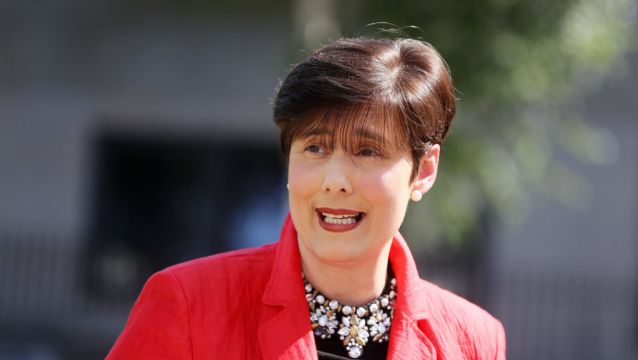Minister for Education Norma Foley has said that “at every stage” she made the case for giving the education sector “due consideration” for priority when it comes to vaccines and boosters.
Speaking on RTÉ radio’s Today with Claire Byrne show, the Ms Foley said that she accepted that priority must be given “to those most in need” and the medical and public health judgement was that prioritisation should be by age cohort and the most vulnerable.
It was a “phenomenal achievement” that 4,000 schools remained open for one million students and 100,000 staff, said Ms Foley. The prevention measures in schools were operating successfully, she said.
The Minister for Education also said she understood that by the end of this week, the HSE would have a plan in place for the operation of antigen testing in schools.
According to Ms Foley, her department had worked closely with the HSE and was ready to assist with the introduction of antigen testing which had been considered for some time by Nphet, but “it was only last week that the CMO made the decision” that it was appropriate to use antigen tests in schools.
Covid did not move in straight lines, the virus did not single people out based on their occupation, she added. The priority was the health of everybody, and it was important to follow guidelines.
Stark situation
The Minister for Education also acknowledged that there were challenges, such as the number of substitute teachers available. A suite of measures had been introduced, she said.
The situation at present was “very stark” she added. Everyone knew that we needed to do better, that was the reason why the new measures had been brought in. This was a “window of opportunity to do the right thing” and for people to minimise social contacts including play dates and birthday parties for children.
It was up to “each one of us individually to hunker down for the next couple of weeks.”
Ms Foley said she did not have a crystal ball, so she did not know if further restrictions were required or if schools might not reopen in January. She said it was an issue for wider society, “we must all shoulder the responsibility.”







